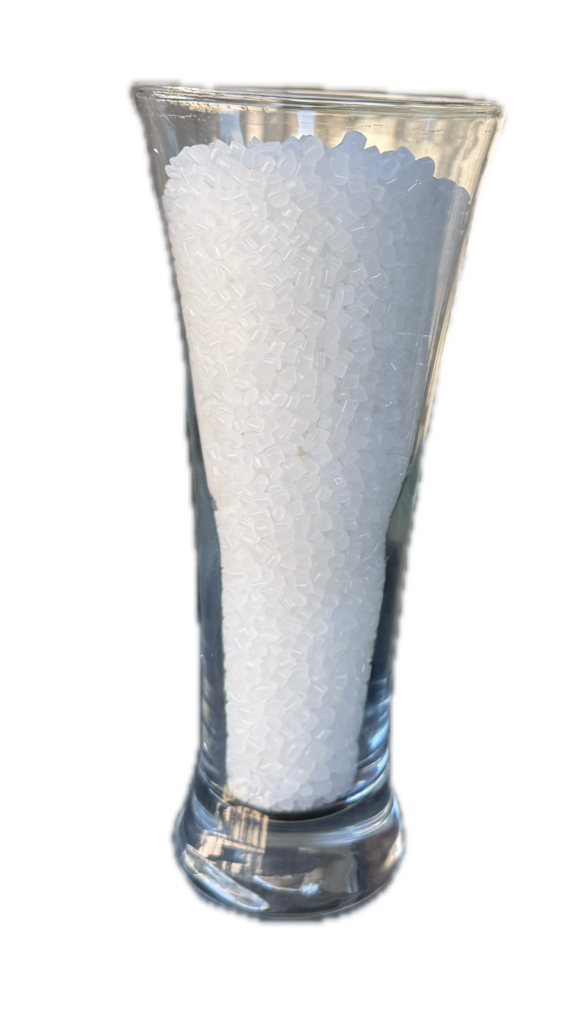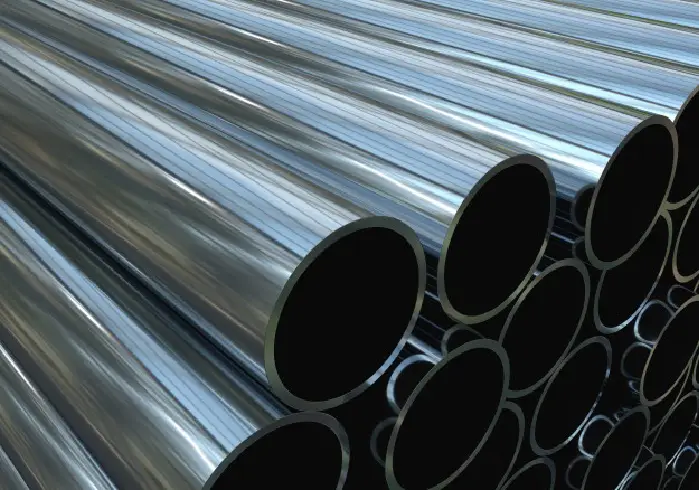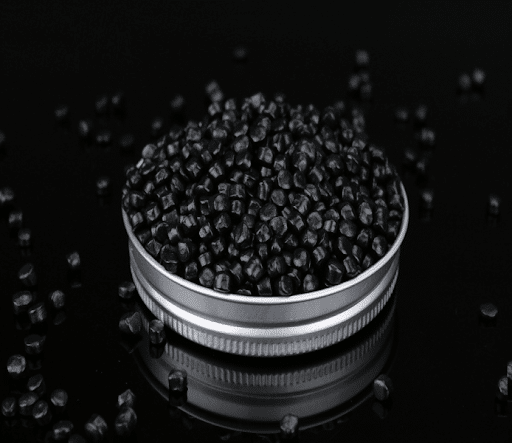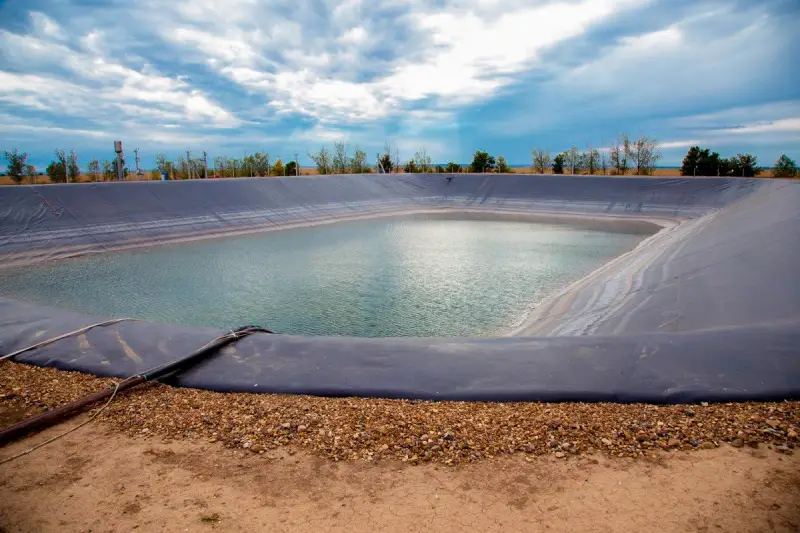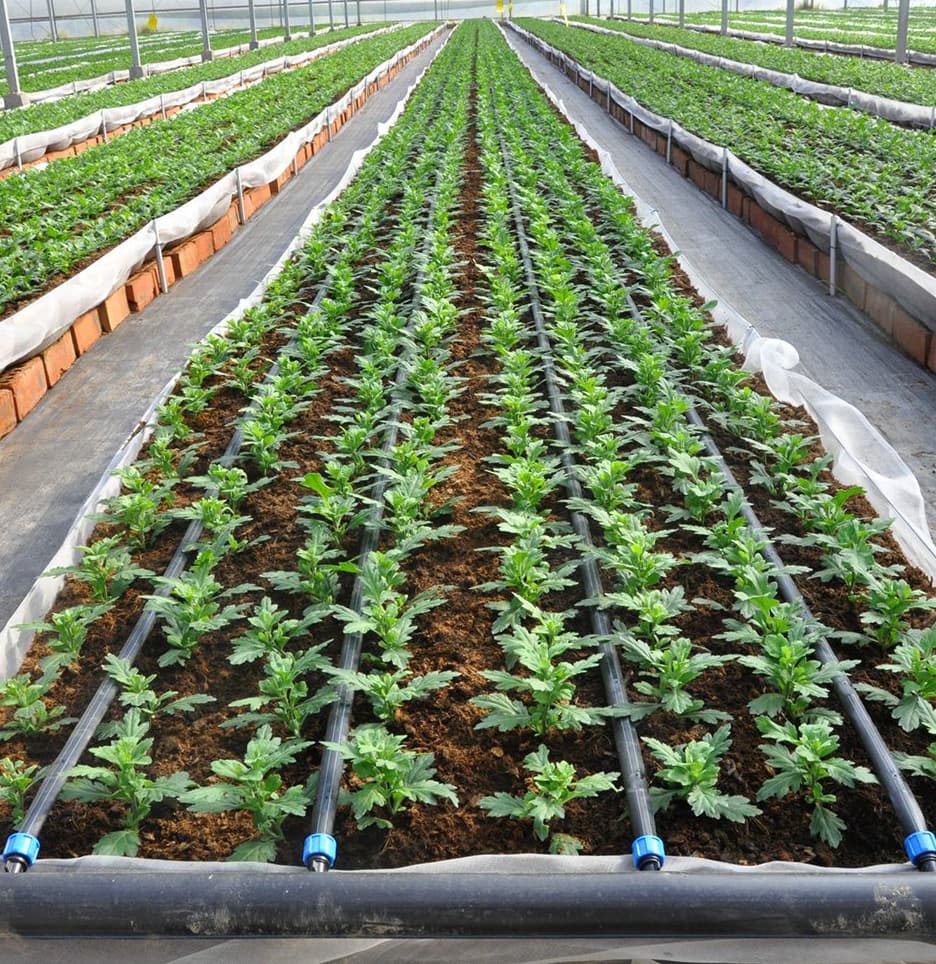In general, melt fracture is one of the undesirable phenomena resulting from the viscoelastic behavior of polymer melts, which causes surface roughness, orange peel, and zigzag waves, resulting in a decrease in the transparency and gloss of the product. The intensity or maximum production speed above which this phenomenon occurs depends on the rheological behavior of the melt, molecular weight and molecular weight distribution, process temperature, and die back pressure.
Another undesirable phenomenon in the extrusion process is the Die Buildup phenomenon, which in many cases reduces the quality of the product. In order to reduce these phenomena and achieve desired production speeds, it is necessary to use a process aid material of about 20-100 PPM from the polyfluorocarbon family. Due to its thermodynamic and rheological incompatibility with the base polymer, this material migrates to the contact surface of the melt with the die walls in the melt flow inside the die and, by reducing friction with the walls, reduces the pressure behind the die and not only prevents the melt fracture phenomenon at desired production speeds but also reduces the undesirable phenomenon of Die Buildup.
For many years, Pouya Polymer Tehran has produced different grades of process aid masterbatch under the name POYAD PA by using one of the most reputable foreign manufacturers and has made it available to its customers.
